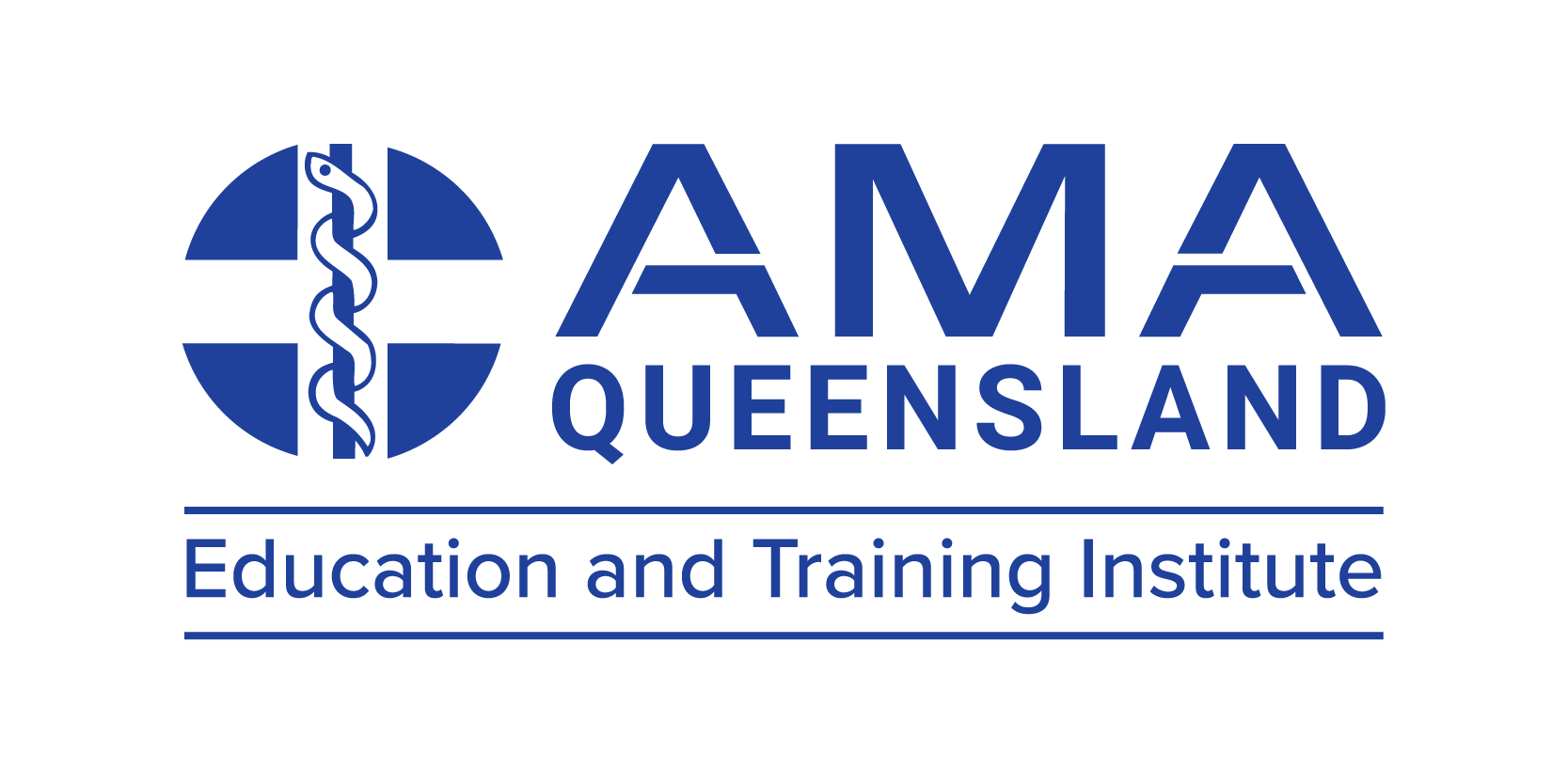Discover Australian Healthcare Jobs: Become a Pathology Collector
Unlock a rewarding healthcare career in Australia by exploring the vital role of a pathology collector and how you can get started in this essential field.
Why pathology collection is the unsung hero of healthcare
Pathology collectors, also known as phlebotomists, play a crucial role in the healthcare system by collecting blood and other specimens for medical testing. Despite being behind the scenes, their work is fundamental to diagnosing and managing patient health. With the increasing demand for healthcare services in Australia, especially due to an aging population and the rise in preventive health screenings, the need for skilled pathology collectors has never been higher.
As the healthcare sector grapples with workforce shortages, the role of pathology collectors becomes even more vital. They ensure that patients receive timely and accurate diagnoses, which is essential for effective treatment plans. The expansion of pathology services across both urban and rural areas further highlights the growing opportunities in this field.
Essential skills and qualifications for aspiring pathology collectors
Becoming a successful pathology collector requires specific skills and qualifications. Essential skills include attention to detail, empathy, good communication, and the ability to handle patients with care. Technical skills such as venipuncture, specimen handling, and data entry are also crucial.
To embark on this career, aspiring pathology collectors should complete a nationally recognised blood collection or pathology collection course. These courses are designed to equip students with the practical and theoretical knowledge needed to perform their duties effectively. Additionally, hands-on practical experience is a key component, ensuring that graduates are job-ready.
A day in the life: what to expect working as a pathology collector
A typical day for a pathology collector involves a range of responsibilities. These include performing venipuncture, handling and labelling specimens, interacting with patients, and ensuring accurate data entry. Pathology collectors must adhere to strict protocols to maintain the integrity of the specimens and ensure patient safety.
Patient interaction is a significant part of the job, requiring collectors to be compassionate and skilled in calming anxious patients. Furthermore, they must keep meticulous records and follow infection control procedures to prevent cross-contamination. The role is dynamic and requires a balance of technical expertise and interpersonal skills.
Training pathways and educational opportunities
One of the significant advantages of pursuing a career as a pathology collector is the short duration of the necessary training. Blood collection courses and pathology collection courses are structured to be comprehensive yet concise, allowing students to become job-ready in a relatively short time.
These courses provide hands-on practical experience, which is invaluable in preparing students for real-world scenarios. Upon completion, graduates receive nationally recognised qualifications, which open doors to various job opportunities in hospitals, pathology labs, clinics, and mobile services.
Career growth, flexibility, and industry demand in Australia
The demand for pathology collectors in Australia is robust, providing ample entry-level job prospects for graduates. As healthcare needs continue to rise, so do the opportunities for career advancement. Pathology collectors can progress to senior roles, such as senior phlebotomists or lab assistants, and even explore pathways into nursing and other healthcare professions.
The flexibility of this career is another significant benefit. Pathology collectors can find employment in diverse settings, from bustling urban hospitals to rural clinics. This flexibility allows professionals to choose environments that best suit their lifestyle and career goals.



